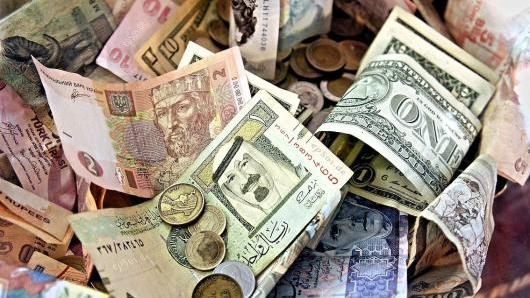Course description
Protests over government policies have become more commonplace in both advanced and emerging countries around the world. Angry citizens complain about a wide range issues including inequality, privacy, democracy, immigration, trade, job security, health care, and climate change. Are governments really failing to deliver what societies need and citizens want? Perhaps the answer lies in the way success is measured. Amid globalization and the rise of the digital economy, traditional economic measures like gross domestic product (GDP), unemployment, and stock market performance may be leaving governments and citizens with a distorted worldviewand a shaky foundation for policy decisions. This course investigates limitations of conventional yardsticks used for assessing national output, employment, inflation, productivity, and trade, among other key metrics, and asks what components of a successful society we fail to measure at all. Public policies based on inaccurate or incomplete data are likely to have unintended consequences leading to financial meltdowns, environmental degradation, economic inequality, and pandemics, among others negative externalities. Moreover, failing to fully account for true costs can skew individual, corporate, and governmental behavior towards short-termism versus sustainability. As a response, many scholarsfrom economists to sociologistsare formulating new metrics and new philosophies to address such concerns and to utilize the unprecedented amount of data now available for analysis. Some of the questions this course seeks to explore include: how did GDP universally come to anchor government policies in the twentieth century? What are the limitations of GDP amid a globalizing and digitizing economy? How is unemployment, inflation, and productivity calculated? Will robots and computers completely replace human work? What are sustainability and resilience and how can they be measured? How should we judge a private companys success? What are social enterprises, socially responsible investing, and their performance metrics? Are there other progress measures that can better guide countries and companies? This course hopes to inspire social entrepreneurs to develop innovative, superior, and sustainable approaches to economics and finance that make the world better for all.








